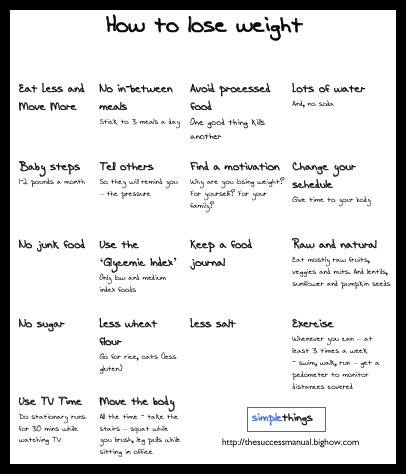The forms of our feet and hips, the size of our legs, our shock-absorbing back discs, as well as our capability to sweat make it possible for us to run mile after mile. As a form of cardiovascular workout, running can decrease stress, improve heart health and wellness, as well as also aid minimize signs of anxiety. To raise your cardio ability and also have the ability to run further than you can now, you require to educate consistently. Regular training will certainly construct your aerobic base, raise your aerobic ability (which is how much oxygen your muscles can make use of) and also enhance your muscles.
A set race date will help you stay focused, as well as maintain you on a normal running routine. A newbie can run any type of race-- you just need to allow sufficient time to train for it. Pick your distance (see listed below) and also use an on-line race finder like the Runner's Globe Race Finder or the Running USA Race Map to assist you locate the right race for you.
Mile
What is the proper way to breathe when running?
The Good News: Eggs are one of nature's best food sources, packaging muscle-protecting protein in a low-calorie food. The B12 in eggs also aids in muscle contraction—a must for runners. One large egg boasts about 30 percent of your recommended dietary allowance of choline.
A lot of joggers reach their fastest speed in between the ages of 18 as well as 30. The average running speed per mile in a 5K (5-kilometer or 3.1-mile race) is listed below. Next, begin gradually and also concentrate on preserve your breathing strategy. Slowly raise your rate to offer your diaphragm time to adjust to harder breathing. This will warm up the entire body and also allow you to run stitch-free.

This technique used to be much more typical, but many joggers today prefer to simply increase their daily carb consumption in the days prior to an occasion. Electrolytes are water-soluble nutrients, like sodium, that can leave the body through sweating.
- Nonetheless, the size of your exercise need to be the guide for what you drink, states Dr. Jordan Metzl, a marathoner and also sports medicine physician at the Health center for Special Surgical Treatment in New York City.
- If you've had concerns with gastrointestinal distress (also referred to as runner's trots) during or after your runs, the foods you're eating in the 24 hours prior to your runs might be the culprit.
- You could first accumulate the amount of time you spend doing endurance tasks, after that accumulate the problem of your activities.
- The shorter workout will certainly still obtain you in shape, shed some calories and also help you get ready for race day-- but it won't leave you depriving for even more food.
How can I increase my lung capacity for running?
One should hold a stretch for a minimum of 15 seconds to a maximum of 20 or 30 seconds. This ensures that the muscle fibers that are being stretched are stretched adequately. 30 seconds, less than 20 won't make a difference. You don't want to hold for too long either and risk injury.
Pace runs must be a 'easily difficult' rate that lasts from 20-- 40 mins as well as approximately 60 mins for advanced joggers. They need to not be an https://emiliooash356.tumblr.com/post/613382799482912768/running-nutrition-overview-what-to-eat all-out initiative that has you gasping for breath, yet a tough rate that you feel you can maintain over the duration of the run.

Try to add just a few even more miles to your regular running schedule every 2 weeks as you accumulate rate and also endurance. One of the reasons why elite man professional athletes usually run faster times than women exclusive athletes has to do with muscle mass. Having a lot more fast-twitch muscular tissues in the legs can cause a faster speed. A noncompetitive, relatively in-shape jogger generally finishes one mile in concerning 9 to 10 minutes, generally. If you're brand-new to running, you may run one mile in closer to 12 to 15 mins as you build up endurance.
What exercises help with running?
A noncompetitive, relatively in-shape runner usually completes one mile in about 9 to 10 minutes, on average. If you're new to running, you might run one mile in closer to 12 to 15 minutes as you build up endurance. Elite marathon runners average a mile in around 4 to 5 minutes.